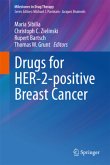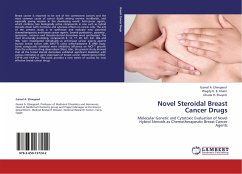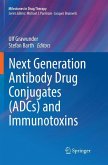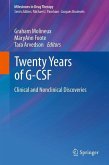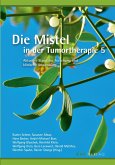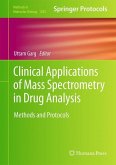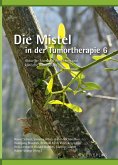Growth factor receptors have long been known to drive malignant transformation and cancer progression. The epidermal growth factor receptor (EGFR, ErbB, HER) system is likely the best described membrane receptor tyrosine kinase family in malignant tumors. With implementation of the growth-inhibitory anti-HER-2 antibody trastuzumab (Herceptin) for the treatment of HER-2-positive advanced metastatic breast cancer, a new era has dawned in the therapy of this malignant disease. Unfortunately, trastuzumab-sensitive cancers invariably develop resistance to the antibody after some time. Recent clinical studies have revealed that these refractory tumors are still responsive to inhibition of the HER receptor family using dual HER-1/-2 inhibitors such as lapatinib (Tykerb/Tyverb). Moreover, a multiplicity of novel, improved irreversibly acting small molecular HER tyrosine kinase inhibitors are in the pipeline of many drug developing companies and are being evaluated in the clinical setting.
From the reviews:
"This book takes readers on a journey from HER-2 signalling to therapeutic use of trastuzumab in the neoadjuvant, adjuvant and metastatic settings. ... It is a tour-de-force and should be essential reading for anyone setting out in the HER-2 research field. ... Overall, this small book covers the topic of HER-2 inhibition very well in a field that is rapidly changing." (S. W. Wong and R. M. Lowenthal, Inflammation Research, Vol. 61, 2012)
"This book takes readers on a journey from HER-2 signalling to therapeutic use of trastuzumab in the neoadjuvant, adjuvant and metastatic settings. ... It is a tour-de-force and should be essential reading for anyone setting out in the HER-2 research field. ... Overall, this small book covers the topic of HER-2 inhibition very well in a field that is rapidly changing." (S. W. Wong and R. M. Lowenthal, Inflammation Research, Vol. 61, 2012)


